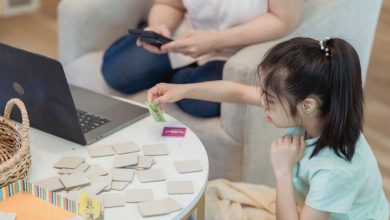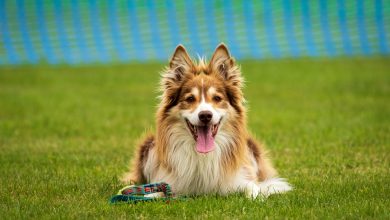How to train a dog to greet guests politely
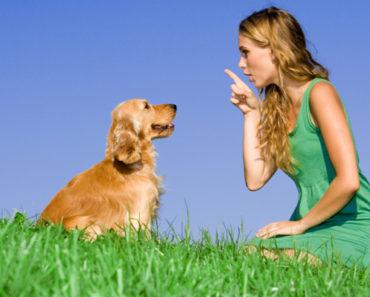
Welcoming guests into your home should be a joyful experience, both for you and your furry friend. However, if your dog tends to greet visitors with boundless enthusiasm—or perhaps a bit too much barking—it can turn those friendly hellos into stressful encounters. Training your dog to greet guests politely not only creates a more pleasant atmosphere but also strengthens your bond with your pet. In this guide, we’ll walk you through effective, positive training techniques that ensure your dog becomes the perfect host, ready to charm every guest with impeccable manners. Whether you have a boisterous puppy or an older dog in need of a little refinement, these strategies will help you transform your pet into a gracious greeter. Let’s embark on this journey to make your home a haven of hospitality for everyone who steps through your door.
Understanding Canine Behavior and Socialization
Understanding your dog’s behavior is crucial when it comes to socialization, especially during those first few interactions with guests. Dogs are naturally curious and, at times, overly enthusiastic when meeting new people. It’s important to guide them with patience and consistency. Begin by observing your dog’s body language; a wagging tail, relaxed ears, and a soft gaze are good signs. However, if you notice tension or aggression, it may be time to reassess your approach.
- Set Boundaries: Before the guests arrive, establish a designated area where your dog feels safe and secure.
- Practice Commands: Reinforce basic commands such as “sit,” “stay,” and “down” to maintain control.
- Reward Calm Behavior: Use treats and praise to reward your dog when they greet guests calmly.
- Introduce Slowly: Allow your dog to approach guests at their own pace, avoiding any forced interactions.
Remember, each dog is unique, and what works for one may not work for another. Stay attentive to their cues and adjust your strategies as needed. With patience and persistence, your dog can learn to greet guests politely, making every social gathering a pleasant experience for everyone involved.
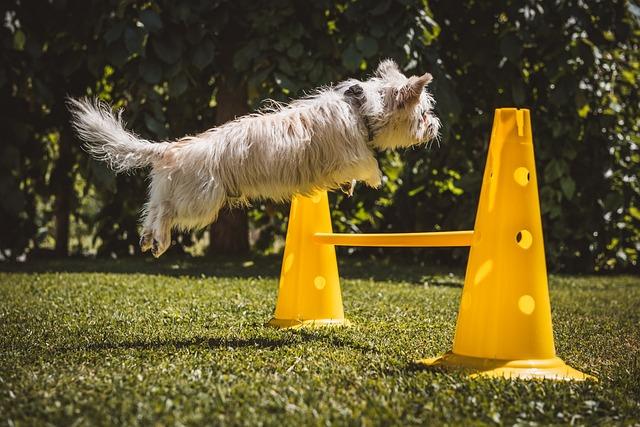
Establishing a Consistent Training Routine
Creating a routine is crucial for teaching your dog to welcome guests with grace and charm. Consistency is the cornerstone of successful training. Start by setting specific times each day for practice sessions. This helps your dog understand when it’s time to learn and reinforces the behavior over time. Aim for short, focused sessions to keep your pup engaged and enthusiastic.
- Begin with basic commands: Ensure your dog is familiar with commands like “sit,” “stay,” and “down” before introducing guest-related exercises.
- Use positive reinforcement: Reward your dog with treats or praise immediately after they exhibit the desired behavior when a guest arrives.
- Simulate guest arrivals: Practice with family members or friends posing as guests to help your dog get accustomed to different scenarios.
Incorporate these elements into your routine to create a seamless and enjoyable experience for both you and your furry friend. With time and patience, your dog will learn to greet visitors politely, making every guest feel welcome.
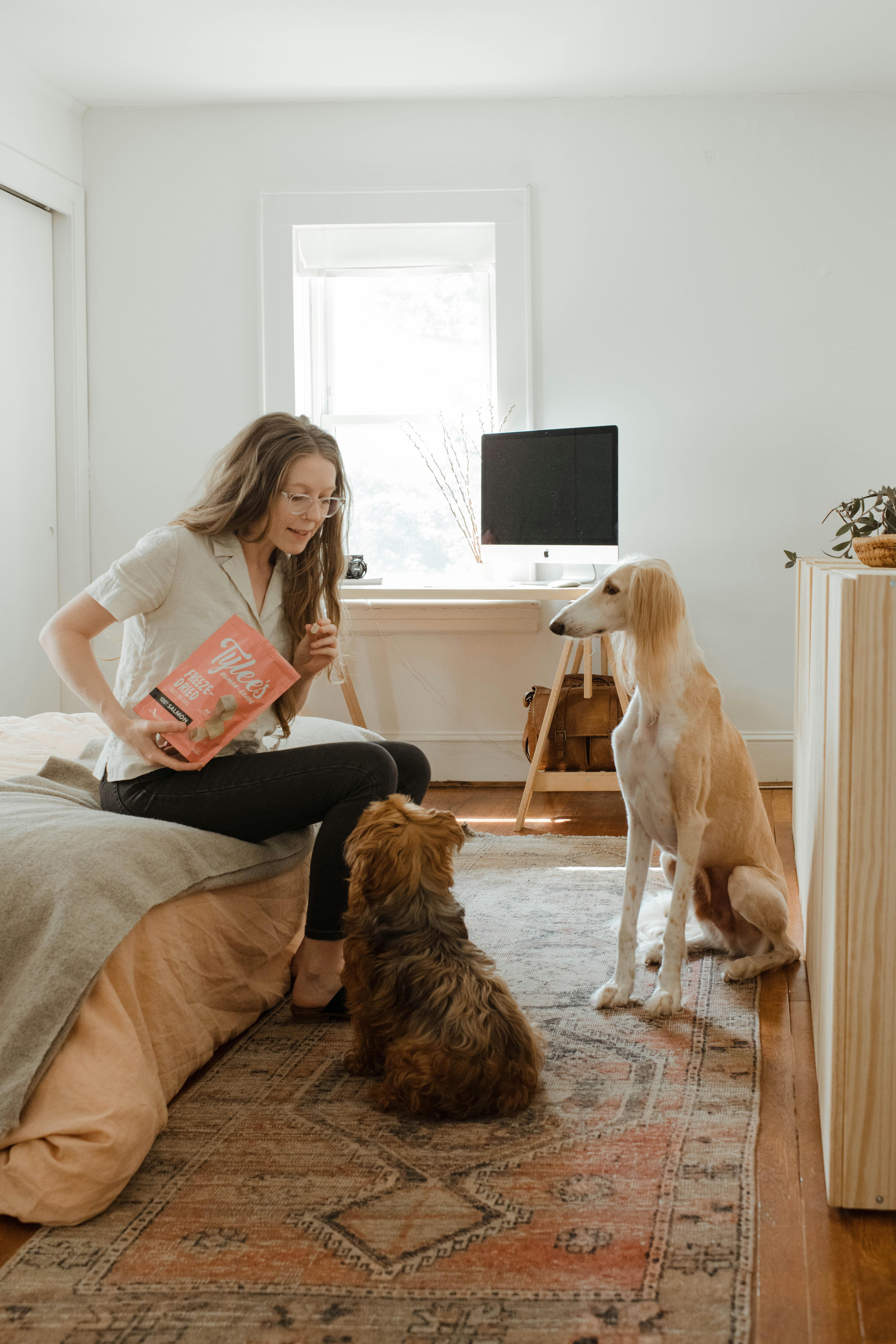
Teaching Commands for Calm and Controlled Greetings
Training your dog to greet guests calmly begins with teaching a few essential commands. Consistency is key, so ensure every family member uses the same words and actions. Start with the basic command of “sit”. Before opening the door for guests, ask your dog to sit and stay. Reinforce this behavior by rewarding your pup with treats and praise when they remain seated.
- Stay: Once your dog has mastered sitting, introduce the “stay” command. Gradually increase the duration they need to stay seated as you practice with different scenarios.
- Wait: Teach your dog to wait at a designated spot, such as a mat or a specific area near the entrance. This helps them understand that they need to stay calm until you give them the cue to greet.
- Release: Use a release word like “okay” or “go greet” to signal when it’s time for your dog to approach guests. This helps them learn patience and control.
Practice these commands in short, regular sessions to keep your dog engaged and attentive. Remember, patience and positive reinforcement will make your furry friend the perfect host in no time!
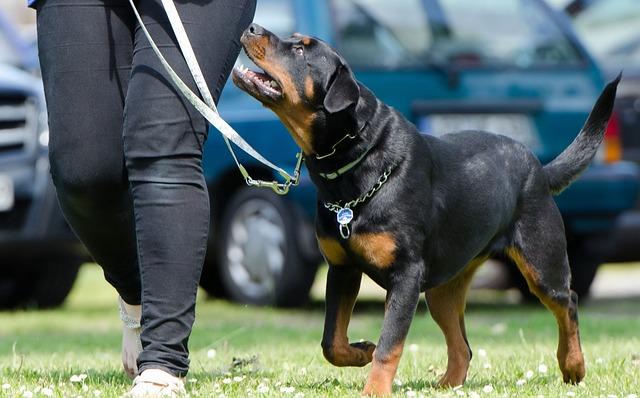
Using Positive Reinforcement to Encourage Good Manners
When training your furry friend to welcome guests with grace, leveraging positive reinforcement is both effective and rewarding. The key is to consistently reward behaviors you want to see repeated. Start by identifying a few simple commands like ”sit” or “stay” that your dog is already familiar with. As guests arrive, guide your dog to perform these commands, and reward them immediately with treats, praise, or affection. This approach helps your dog associate polite behavior with positive outcomes.
- Consistency is crucial: Make sure everyone in the household is on the same page with the training methods.
- Timing is everything: Provide the reward as soon as the desired behavior is displayed to reinforce the connection.
- Gradually introduce distractions: Start training in a quiet environment and slowly add more challenging scenarios.
- Use high-value treats: Choose treats that your dog finds irresistible to maintain their interest and motivation.
Remember, patience is key. Every dog learns at their own pace, so celebrate small victories and continue reinforcing good manners. Over time, your dog will not only enjoy the process but will also become a polite and charming host to your guests.
